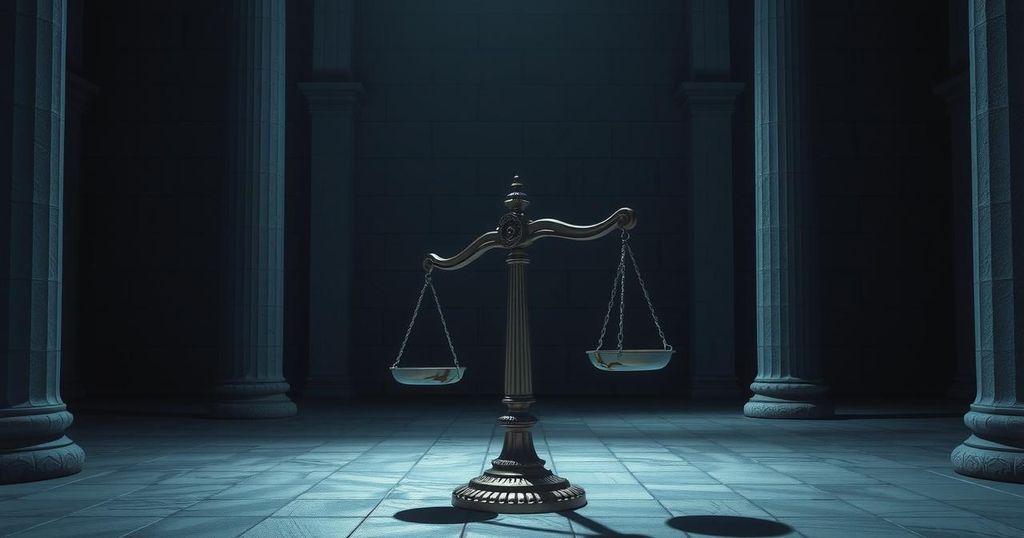81-Year-Old Death Row Inmate Christopher Sepulvado Dies Before Execution
Christopher Sepulvado, an 81-year-old inmate on death row for over 30 years, died before his scheduled execution in Louisiana. His attorney condemned the state’s plans for his execution as barbaric. Sepulvado’s conviction in 1992 was for the murder of his six-year-old stepson. The state’s attorney general remains in favor of the death penalty as a means of justice for victims.
An 81-year-old death row inmate passed away at the Louisiana State Penitentiary after more than three decades of awaiting execution. Christopher Sepulvado was scheduled for execution by nitrogen gas on March 17, 2025, but died on February 23.
Sepulvado’s attorney, Shawn Nolan, highlighted the inadequacies of the death penalty system in Louisiana, expressing that the state’s plan to execute a frail and ailing man was inhumane. Nolan emphasized Sepulvado’s efforts to rehabilitate and contribute positively while in prison, stating, “It was my honor to fight for Chris, a man who redeemed himself. May he rest in peace.”
In 1992, Sepulvado was convicted of the murder of his six-year-old stepson, Wesley Allen Mercer. Louisiana Attorney General Liz Murrill advocated for the revival of execution methods, asserting the state’s duty to execute individuals guilty of heinous acts in order to provide justice for victims’ families.
Murrill stated, “Justice should have been delivered long ago for the heinous act of brutally beating then scalding to death a defenseless six year old boy.”
In conclusion, Christopher Sepulvado’s death highlights critical issues regarding the death penalty in Louisiana. His prolonged incarceration and struggles with health raise questions about the morality and effectiveness of capital punishment, particularly in cases involving vulnerable individuals.
The death of Christopher Sepulvado underscores the moral dilemmas surrounding the death penalty in Louisiana, particularly regarding the treatment of elderly and ailing inmates. His case raises important questions about the justice system’s response to heinous crimes and the obligations it has towards both victims and condemned individuals. As the state considers resuming executions, the ethical implications cannot be overlooked.
Original Source: www.wbrz.com




Post Comment